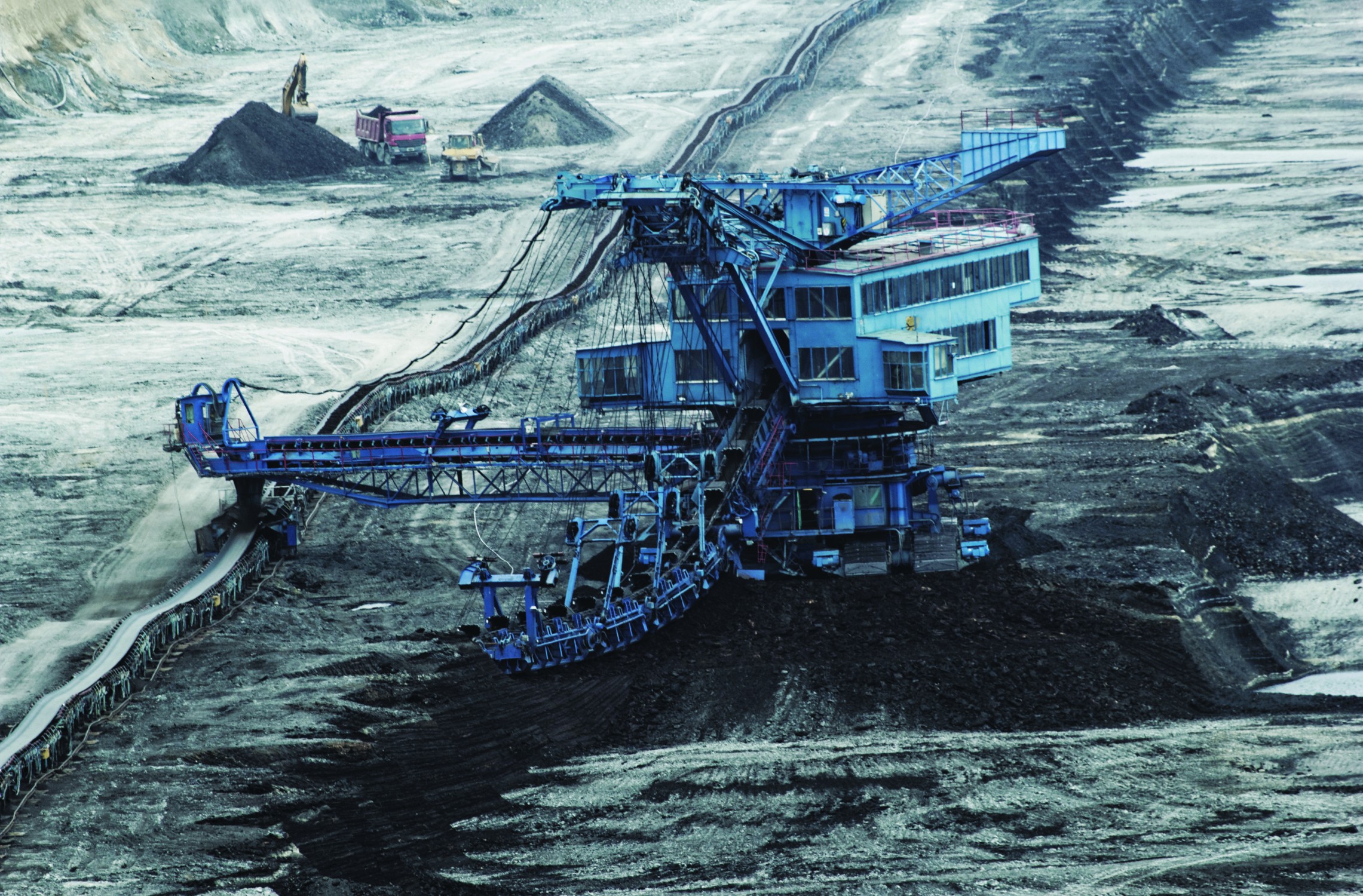China’s new cap and trade programme will mean more misery for commodity traders, in a year that’s gone from bad to worse.
To be launched in 2017, the carbon trading system will set a limit on greenhouse gas emissions produced by heavily polluting industries such as electricity generation and metals production. Those companies that can reduce their pollution to match the number of carbon credits they have will be allowed to sell their allowances on a new market, to companies that are struggling to meet limits.
It will help cut China’s 2005 level of greenhouse gas emissions by 32% by 2030, and is the cornerstone of what is likely to be a huge green policy focus for the Chinese government in the coming five years.
However it is likely to hit traders and producers of highly polluting commodities such as coal, with the low grade coal produced in Indonesia set to be hit hardest.
“Cheap, dirty coal is out of the question, so Indonesian coal is going to take a hit again,” said one coal trader based in Jakarta, who has previously spoken of Chinese coal buyers trying to sell unused stock back to him. Chinese imports of Indonesian coal have already fallen by 48% this year, a large contributory trend to the overall 28% decline in coal imports.
While it may lead to an increase in demand for alternative energy sources, such as renewable energy, LNG and natural gas, it is unlikely to provide any boon to the oil sector, in which the supply side problems look destined to continue for the rest of the year.
New data from the PRIX index, which aggregates output from the top 20 oil producing countries in the world, suggests that oversupply is to last into 2016, with Iran, Iraq and Oman expected to contribute most to the rise in output.
“Everybody is waiting to see who will blink first in the oil price war. The current PRIX index update indicates that it is not going to be OPEC — yet,” says John Friedman, analytical advisor to the PRIX index.
“All the producers are feeling the pain of lower oil prices, but nobody wants to give in. At this point they all desperately need the cash, so they are stuck in a death spiral in which cartel solidarity is increasingly difficult to achieve. The Iranians and the Iraqis are hell-bent on taking back their market shares. We’re still in a bear market for oil,” he adds.
It certainly looks like a bit of a ‘Minsky moment’ or a very high risk of one. Caroline Bain, Capital Economics
An abundance of steel mills in China has long been a factor in that markets supply issue. The new cap and trade system is likely to accelerate China’s policy of consolidation in the sector, as well as in other metals such as aluminium.
“Aside from seeking to limit carbon emissions, a secondary objective of the new system could be to force rationalisation in some heavily polluting industries, such as aluminium, steel and oil refining, where there is currently overcapacity,” says Caroline Bain of Capital Economics.
She tells GTR that the consolidation will likely lead to the closure of small, relatively inefficient “tea-pot” refineries.
Markets have already been reeling from concerns raised by an Investec research note about the financial health of commodity trading giant Glencore, which saw shares in the company lose more than 20% of their value in two consecutive days this week.
Glencore is more highly leveraged than any of its major competitors, leading analysts to say it is far more exposed to the commodity price slump. With bleak outlooks ahead for its major markets, coal, copper and iron ore, some are claiming that Glencore could become the “Lehman Brothers of the resources sector”. Certainly, the sector is facing its most powerful headwinds in decades, with some forecasting a perfect storm which could take some major players out of the game.
“It certainly looks like a bit of a ‘Minsky moment’ or a very high-risk of one,” Bain says, referring to the economic term for the exact time in which a market collapses. She adds, however: “My only thought is that the underlying fundamentals for both demand and supply are not nearly as dire as the recent performance of commodity prices and commodity traders suggest. In which case, I don’t think it really should be a Minsky moment. But that doesn’t mean that it won’t evolve into one as investor sentiment is so negative.”







